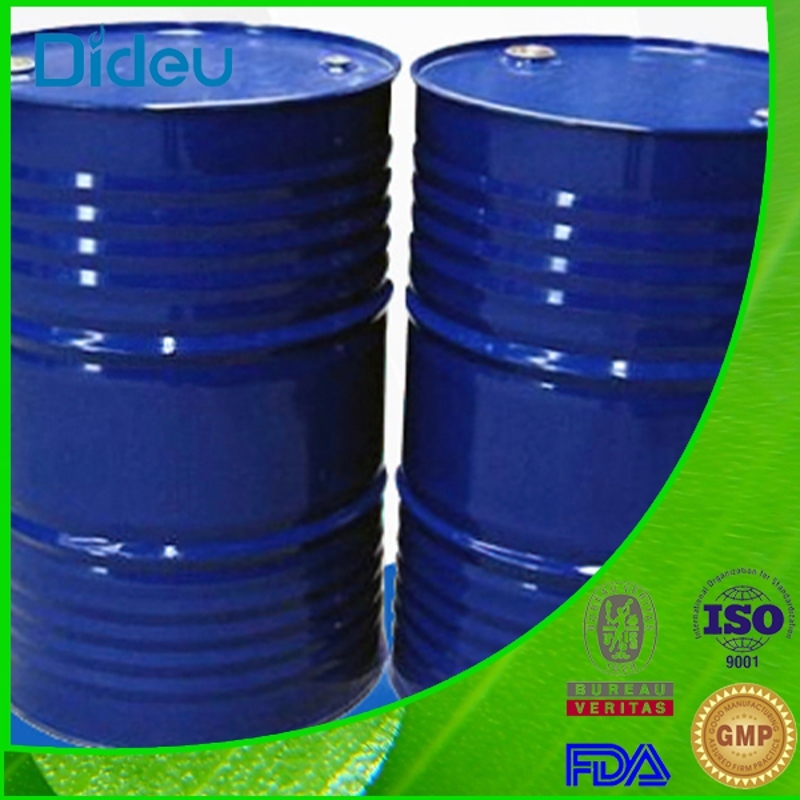-
Categories
-
Pharmaceutical Intermediates
-
Active Pharmaceutical Ingredients
-
Food Additives
- Industrial Coatings
- Agrochemicals
- Dyes and Pigments
- Surfactant
- Flavors and Fragrances
- Chemical Reagents
- Catalyst and Auxiliary
- Natural Products
- Inorganic Chemistry
-
Organic Chemistry
-
Biochemical Engineering
- Analytical Chemistry
-
Cosmetic Ingredient
- Water Treatment Chemical
-
Pharmaceutical Intermediates
Promotion
ECHEMI Mall
Wholesale
Weekly Price
Exhibition
News
-
Trade Service
1,4-DICHLOROISOQUINOLINE, also known as DCIQ or Dichloroisocyanuric Acid, is a widely used chemical in the water treatment industry.
It is a strong oxidizing agent that is commonly used as a disinfectant and algaecide in swimming pools, spas, and other recreational water facilities.
DCIQ is also used in industrial water treatment applications to remove impurities and contaminants from water used in various manufacturing processes.
Safety Measures for Handling DCIQ
DCIQ is a hazardous chemical that requires careful handling and storage to prevent accidents and minimize the risk of exposure to workers and the environment.
The following safety measures should be observed when handling DCIQ:
- Wear appropriate personal protective equipment (PPE) such as gloves, goggles, and long-sleeved clothing to protect against skin and eye contact.
- Always add DCIQ to water, not the other way around, to prevent splashing and eye contact.
- Mix DCIQ well before use to ensure even distribution of the chemical.
- Keep DCIQ out of reach of children and pets to prevent accidental exposure.
- Store DCIQ in a cool, dry place away from sources of heat or ignition.
- Always follow the manufacturer's instructions for handling and use.
Recommended Safety Precautions
The following safety precautions should be observed when handling DCIQ:
- Only trained personnel should handle DCIQ.
- Adequate ventilation should be provided to prevent the accumulation of vapors.
- The area around the DCIQ storage tank should be posted with warning signs indicating the presence of a hazardous material.
- Emergency response equipment such as fire extinguishers and safety showers should be readily available in case of an emergency.
- Regular safety training and briefings should be conducted for all personnel who work with DCIQ.
Health Risks Associated with DCIQ
DCIQ is classified as a Category 2 carcinogen by the World Health Organization (WHO), which means that it is possibly carcinogenic to humans.
Prolonged exposure to DCIQ can cause skin irritation, burning sensations, and blistering.
Inhalation of DCIQ can cause respiratory irritation, coughing, and difficulty breathing.
Ingestion of DCIQ can lead to nausea, vomiting, and diarrhea.
In addition, DCIQ can cause eye irritation, blurred vision, and tearing.
If DCIQ comes into contact with the eyes, seek medical attention immediately.
DCIQ can also cause allergic reactions in some individuals, which can be severe in some cases.
Handling and Storage Requirements
DCIQ should be handled with care to prevent accidents and minimize the risk of exposure.
The following handling and storage requirements should be observed:
- Store DCIQ in a cool, dry place away from sources of heat or ignition.
- Keep DCIQ out of reach of children and pets to prevent accidental exposure.
- Always add DCIQ to water, not the other way around, to prevent splashing and eye contact.
- Mix DCIQ well before use to ensure even distribution of the chemical.
- Wear appropriate personal protective equipment (PPE) such as gloves, goggles, and long-sleeved clothing to protect against skin and eye contact.
Disposal of DCIQ
DCIQ should be disposed of in accordance with local and federal regulations.
This may involve hazardous waste disposal procedures.
It is important to follow the manufacturer's instructions for disposal to ensure that the chemical is handled safely and properly.
Conclusion
DCIQ is







